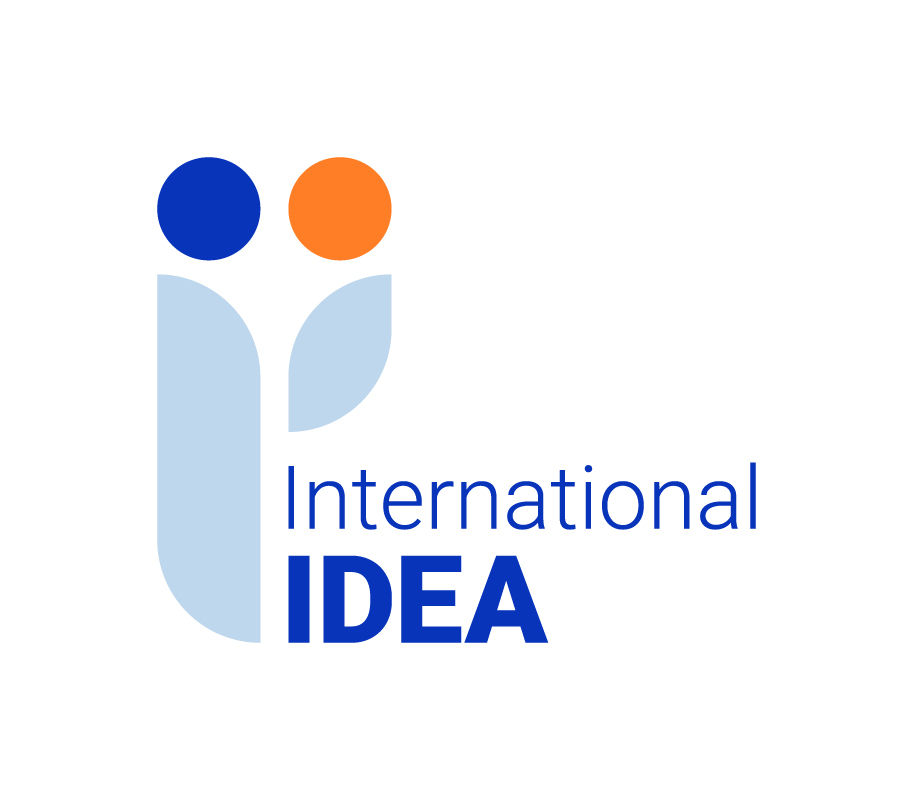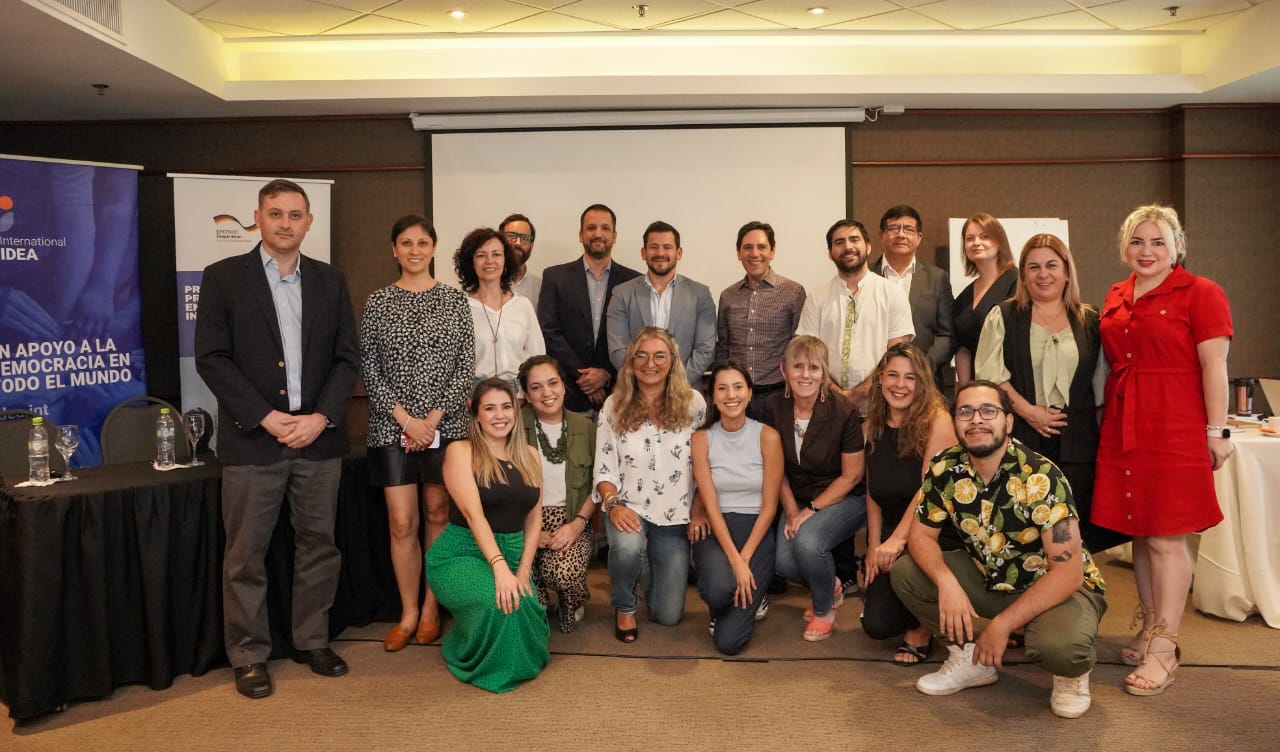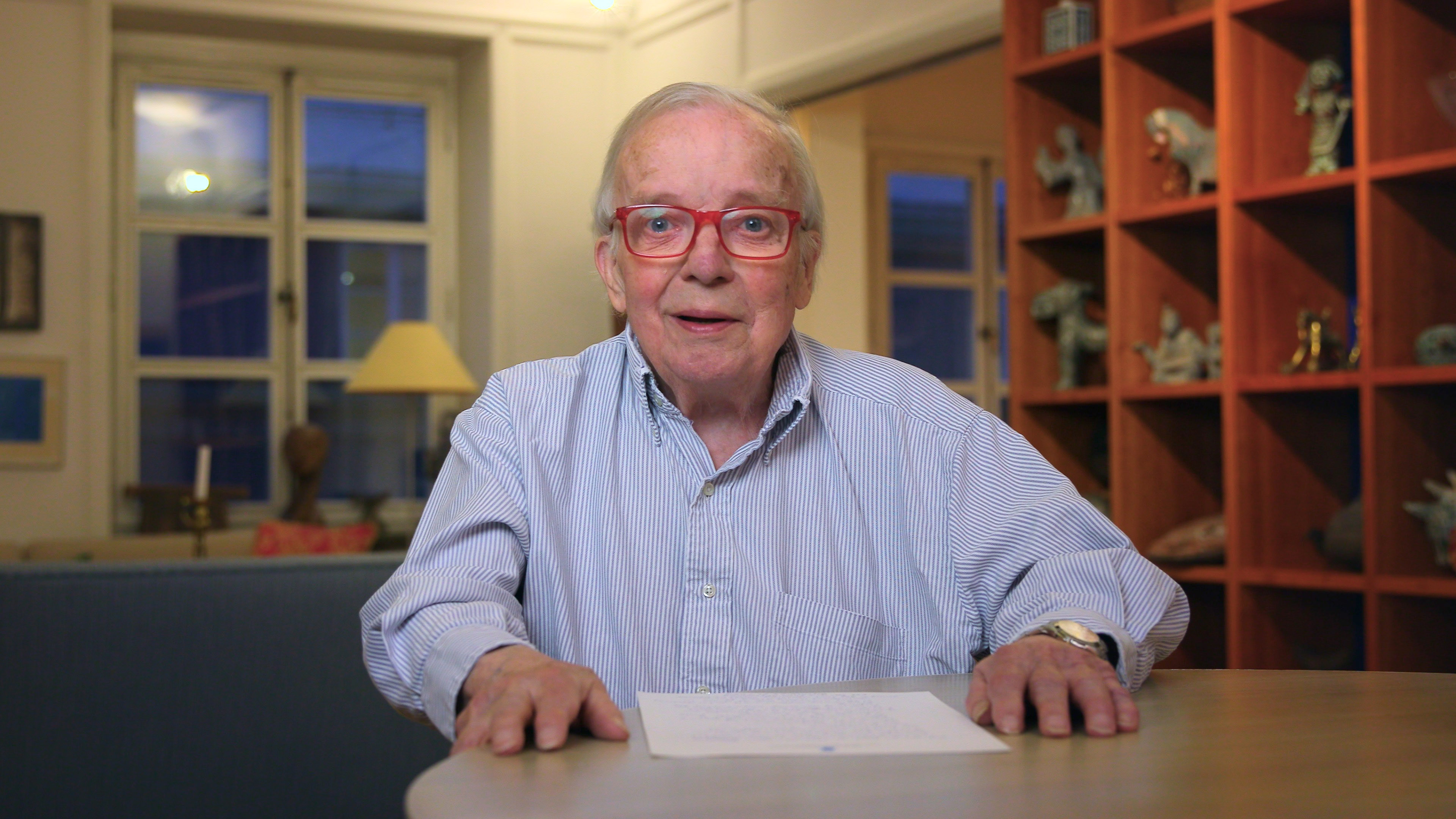
The Kingdom of Bhutan has been focused on establishing an Electoral Training Resource Center (ETRC) through the project “Enhanced Capacity of the Election Commission of Bhutan” initiated in 2012. This International IDEA project with the Election Commission of Bhutan includes a series of events, workshops and training sessions for staff from the ECB as well as other stakeholders.
The project is working with a cross section of stakeholders in Bhutan’s democratic evolution from parliamentarians to citizens via a series of civic education programs. The workshops and conferences are geared to enhance citizens’ understanding of electoral processes and strengthen democratic reforms for example through the e-learning tool “E-Introduction to Electoral System and Democracy of Bhutan”, which provides a broad and comprehensive introduction to Bhutanese electoral democracy.
The e-learning course will help create awareness of the importance of civic and electoral education, and shift electoral behaviour with a focus on the formation of political attitudes and opinions among political party officials, election officers and the electorates in general.
With substantive input and support from International IDEA’s experts, the project is proactively promoting reform processes, and though progress has been slow, visible results are nevertheless there such as bringing ECB closer to establishing the Electoral Training Resource Centre (ETRC), which is expected to be key in the efforts to promote citizens’ understanding of democracy and electoral processes.
The project, funded by Norway, is now entering its third phase titled ‘Support to Election Commission of Bhutan’ (2015-2016) with the continued objective to deepen and strengthen the past support.
A groundbreaking development in this regard was the E-Learning Module developed on “E-Introduction to Electoral System and Democracy of Bhutan (E-IESDB)” which was launched on January 16 this year to coincide with the Foundation Day of the Election Commission. The conference provided an opportunity for the ECB to share developments in Bhutan’s electoral practices with peer EMBs.
It is necessary to consolidate democracy as a system and to create space for a greater civic participation in Bhutan, with special emphasis on seeking a partnership with an active civil society.
The constraint has been a lack of adequate civil society organizations working in this area, and the few existing ones have not been effectively functional. Therefore, it is essential to promote strategies for strengthening a civil society and its relationship to the state and political parties, developing alliances with CSOs to enhance civic and voter education awareness because democratization of a society not only involve state institutions and citizens as individuals alone.
CSOs, like in many other democracies, may play an important role in catalyzing advancement of one country’s democracy. IDEA serves as a convener of dialogue among existing NGOs and the ECB under this current project. IDEA in Bhutan is also trying to establish and promote stronger dialogue with the CSOs active in civic education with the ECB.
Civic/voter education: Building CSO and ECB Engagement
Given this background, a civic/voter education multi-stakeholder workshop was held by ECB on 27to 28 August 2015 with support from local International IDEA staff. The participants with broad representation from ECB and CSOs, international organizations, and other stakeholder met during the two days workshop to “explore civic/voter education programming needs for Bhutan and aim[ed] at developing a civic/voter education strategy for ECB”.
One of the participants was the executive director of the Bhutan Center from Media and Democracy, an organization actively working to promote and create space for democratic dialogue including civic education. The workshop was held in a participatory manner and included group works, presentation including mapping exercise with first session on clarifying the concepts on voter information, voter education and civic education.
“The multi-stakeholder workshop on civic/voter education strategy organized by ECB is an opportunity for various stakeholders who largely function in isolation to come and strategize together so that the limited resources within the country can be best used to most effectively create mechanisms to reach to identified targets”, said Mr Sonam, UNICEF, Bhutan. “This workshop is a beginning of a democratic partnership and therefore, such forums need to be created regularly to create a democratic environment of solidarity and dialogue.” Participants discussed the need for ECB to collaborate more meaningfully with the CSOs, NGOs and relevant agencies so that there is outreach of voter information, and civic and voter education activities creating healthy participation of non-state actors.
Participants agreed that best way to create a vibrant democratic culture in Bhutan’s budding democracy is through the engagement of people and non-state actors who represent them by giving them both the means and responsibility to share a greater burden of ECB’s numerous non-core activities. People and their representatives’ ownership of democratic procedures was also identified as a means to make democracy financially sustainable and conceptually sound by making grass root participation a key feature of the evolving society.
Testimonials from the participants:
Ms Phuntshok Choden, Executive Director of Bhutan Empowering for Network of Women (BENEW) - Refreshing to experience the openness of ECB officials while taking stock of what/which voter information, voter education, civic education programs worked well or not. The workshop was helpful to discuss, reflect, and realize that partnerships with relevant CSOs and media will not only help the work of ECB become more effective and efficient but the unreached and minority groups in the society can also be sensitively included. In particular, the focus on targeted approaches when considering women, Disabled People Organizations (DPOs), etc. was good.
Ms Ugyen Tshomo, District Electoral Officer - The workshop was very interactive and each individual had their opportunity to share his/her ideas. It also created a dynamic and honest feedback mechanism for the ECB and its functions which will be used to improve the Commission’s plans and programs for the upcoming Local Government Elections among others.
Mr Mani B. Subha, Kuensel (Newspaper) – The two days workshop was extremely helpful to understand the democratic process and the activities the ECB is carrying out in collaboration with various agencies, the CSOs and the media. Whatever I have heard and learned will be useful while covering Bhutan’s democracy and elections. Particularly media can undertake larger role in the information and dissemination of civic education. It was an equally important platform to understand the challenges faced by the Election Commission of Bhutan to enhance democracy in the country”.
The news on the Multi-stakeholder workshop Civic and Voter Education can be found at the ECB website below and link to the news of Kuenselonline.


